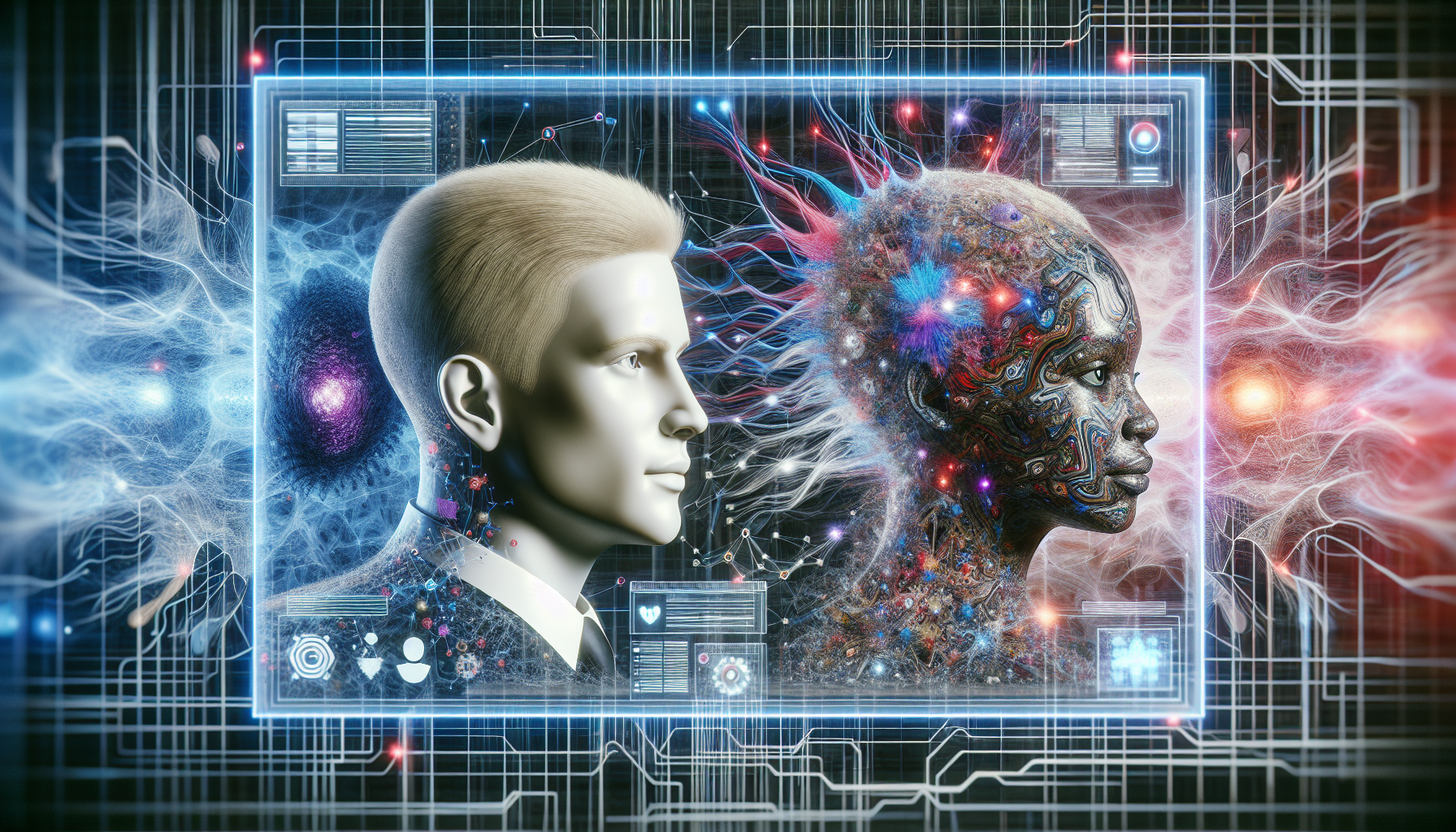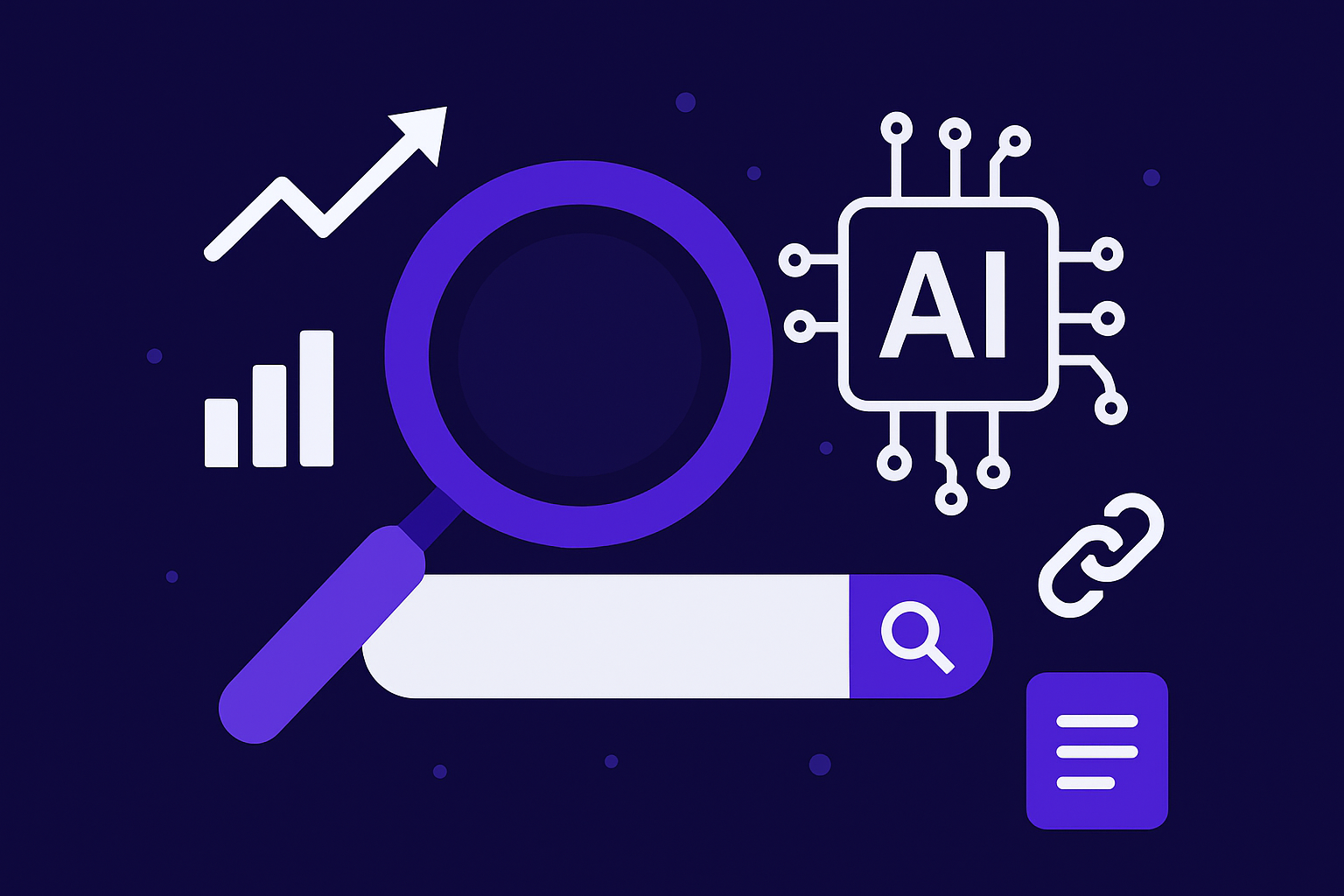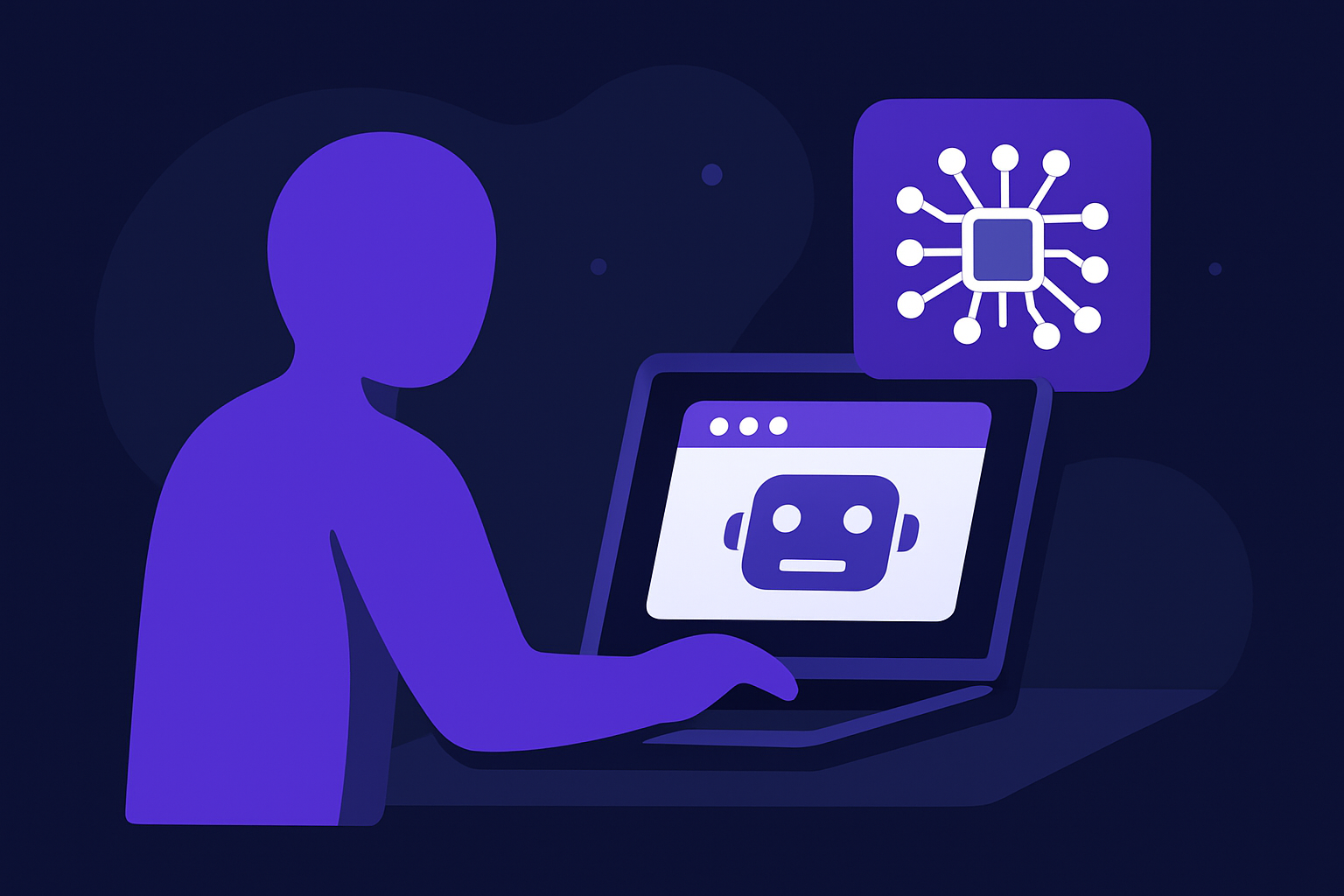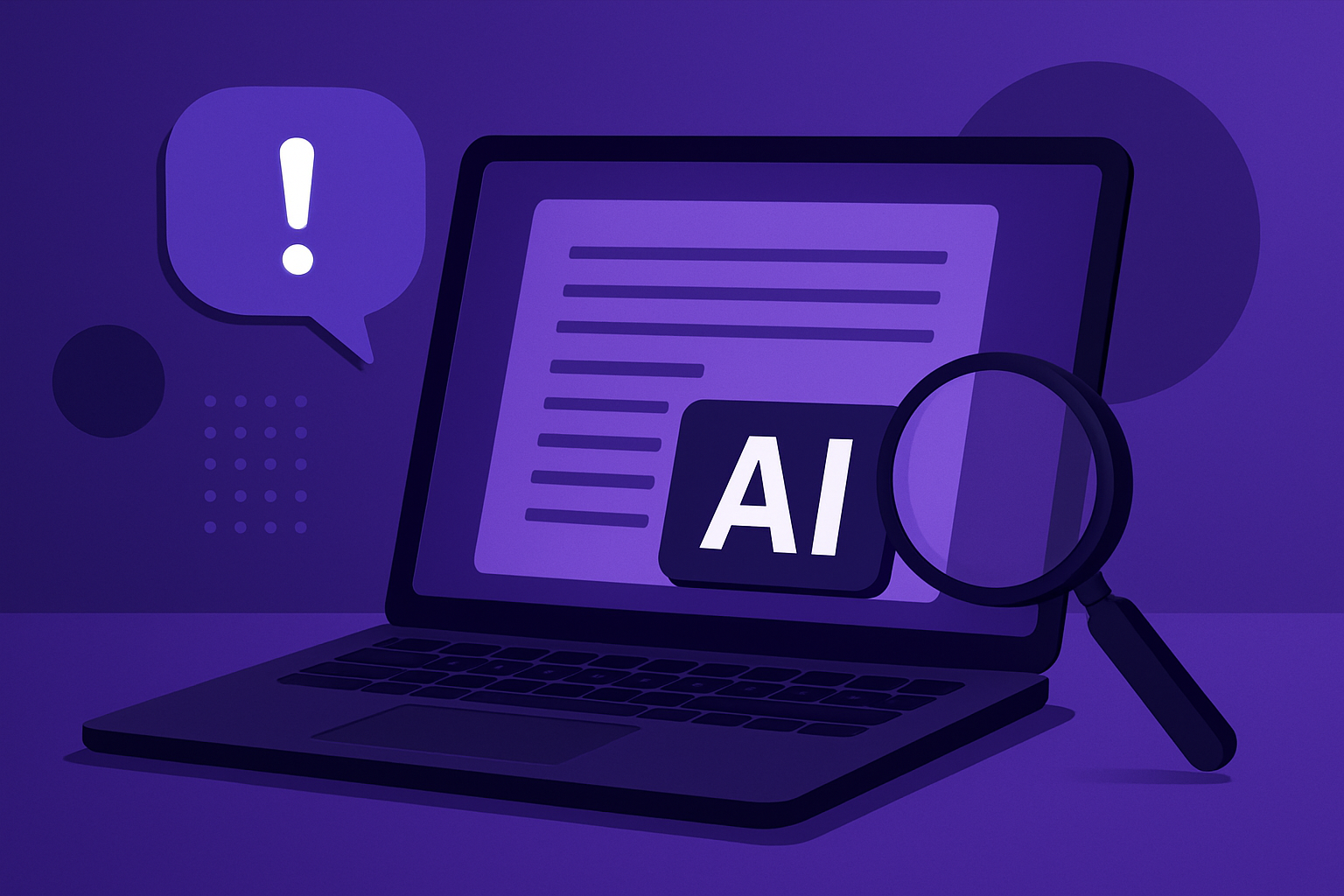Elon Musk's latest venture, Grok AI, has been making waves across social media platforms. This sophisticated artificial intelligence is generating a plethora of images that feature prominent political figures Donald Trump and Kamala Harris in some rather unexpected and wild scenarios. The virality of these images has sparked a mix of amusement, confusion, and debate among netizens about the implications of such AI-generated content.
From surreal and whimsical to downright bizarre, Grok AI's creations have brought a new dimension to digital art and political satire. As these images continue to circulate widely, they raise important questions about technology, ethics, and the future of digital media. Below, we delve into the various aspects of this phenomenon.
The Emergence of Grok AI
Grok AI is the brainchild of Elon Musk, known for his ambitious and often controversial innovations. This AI has been designed to generate highly realistic images from text prompts, pushing the boundaries of what artificial intelligence can achieve in visual artistry.
The rise of Grok AI comes at a time when AI technologies are rapidly advancing, and its capabilities have left many both awed and concerned. By transforming simple descriptions into intricate visual representations, Grok AI exemplifies the power and potential of contemporary AI developments.
The introduction of Grok AI has not only demonstrated technological prowess but also ignited a cultural phenomenon. Users across various social media platforms have been actively engaging with and sharing the AI-generated images, thereby amplifying their reach and impact.
Wild Images Featuring Trump and Harris
A significant portion of Grok AI's output features U.S. political figures Donald Trump and Kamala Harris. These images often depict them in absurd, humorous, and fantastical situations that are far removed from their real-life personas.
For instance, one viral image showed Trump riding a dragon while wielding a sword, encapsulating an almost mythic representation of the former president. Another image portrayed Harris as a superhero, complete with a cape and an emblematic stance, blending the worlds of politics and comic book fantasy.
The sheer novelty and unpredictability of these creations have captivated audiences. Each new image sparks discussions and debates, transforming political commentary into a form of digital entertainment.
The Viral Spread on Social Media
Social media platforms like Twitter, Instagram, and Reddit have played crucial roles in disseminating Grok AI's images. Users frequently share and comment on these creations, driving their virality and expanding their audience.
The images' viral nature is fueled by their shareability and the curiosity they evoke. Many users find themselves drawn to the unusual depictions, which stand out amid the more typical content that populates social media feeds.
The rapid spread of these images also highlights the power of social media as a tool for modern digital art. As Grok AI's creations continue to capture the public's imagination, they demonstrate how quickly and widely digital content can distribute in today's interconnected world.
Ethical Considerations and Public Reactions
The proliferation of AI-generated images has prompted a range of ethical questions. Concerns about deepfakes and the potential misuse of AI for misinformation are at the forefront of the discussion.
Some critics argue that even though Grok AI's images are intended for humor and artistic expression, they can blur the lines between reality and fiction. They worry that people might misinterpret or misuse these images, leading to unintended consequences.
On the other hand, many supporters see Grok AI as a harmless and innovative form of digital entertainment. They appreciate the creativity and technical skill involved in producing these images, viewing them as a new medium for satire and commentary.
The Impact on Political Discourse
Grok AI's images have also influenced the way people engage with political discourse online. By presenting political figures in fantastical contexts, these images offer a fresh perspective on the usual political narratives.
They encourage viewers to reflect on the nature of political leadership and iconography, often using humor and exaggeration to make points that might otherwise be considered contentious.
This shift towards visual satire can democratize political commentary, making it more accessible and engaging to a broader audience. It reveals the potential of AI to reshape how we discuss and think about politics in the digital age.
The Future of AI in Digital Media
The success of Grok AI suggests that we are only beginning to explore the possibilities of AI in digital media. As technology continues to advance, we can expect even more sophisticated and creative applications of AI-generated content.
Future developments could include more interactive and personalized AI experiences, where users can directly influence the types of images produced based on their preferences and interests.
While the current wave of AI-generated images focuses on humor and satire, there is also potential for more serious and impactful uses, such as in education, marketing, and virtual reality.
In conclusion, Grok AI's wild images of Trump and Harris have become a significant phenomenon on social media, reflecting the intersection of technology, art, and politics. These images entertain and provoke thought, serving as a testament to the creative potential of artificial intelligence.
As we navigate the ethical and societal implications of such technologies, it is clear that AI will continue to play a transformative role in shaping digital media and cultural discourse. Whether through humor or more profound applications, Grok AI points to a future where the boundaries between human creativity and machine intelligence become increasingly intertwined.













